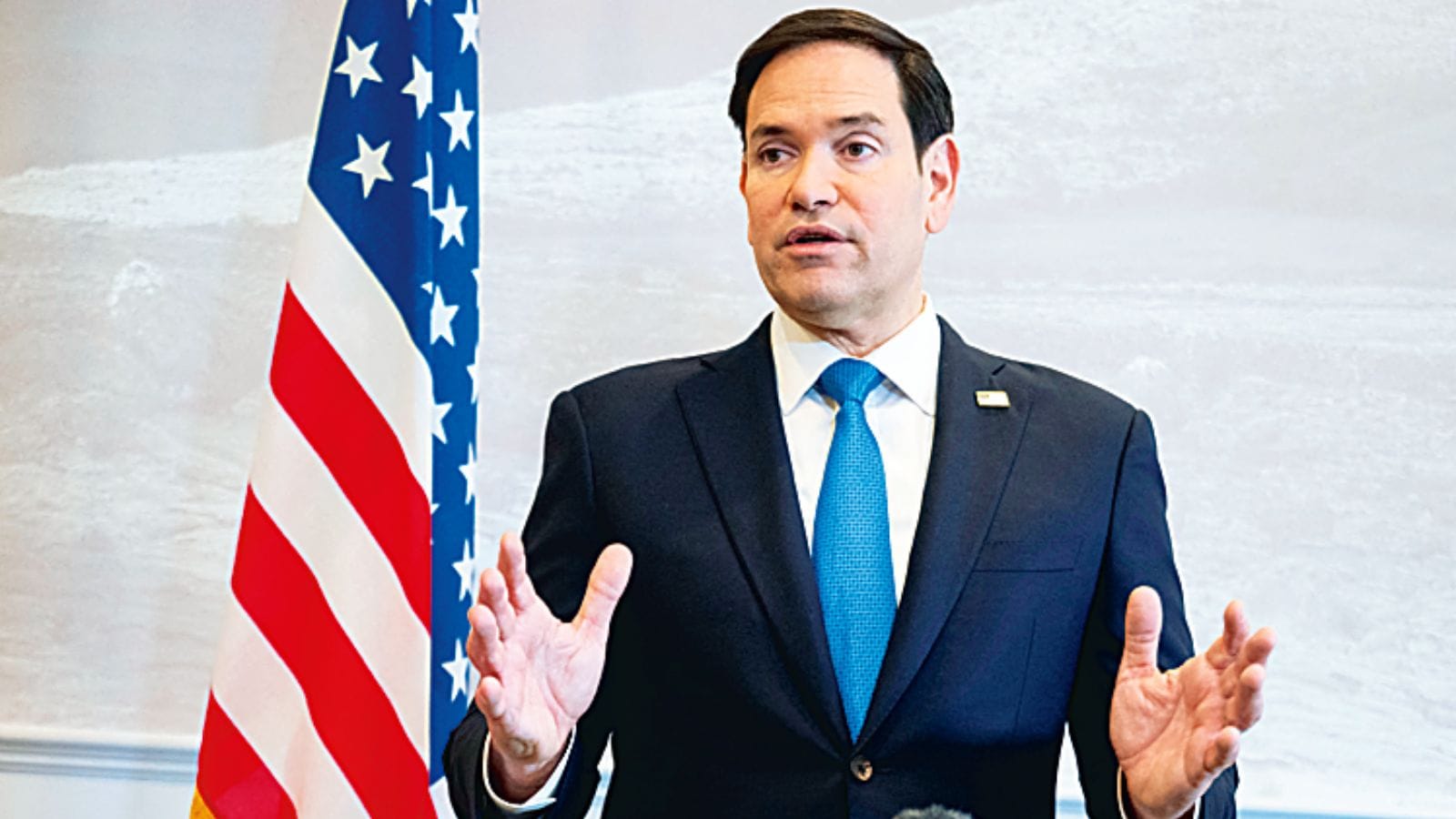A high-level Ukraine peace summit scheduled for Wednesday in London was abruptly downgraded after several top diplomats, including US Secretary of State Marco Rubio, pulled out of the talks, raising fresh questions about Western unity on the war’s endgame. Rubio’s last-minute cancellation—announced just hours before the event—was followed by similar decisions from the foreign ministers of France and Germany, leaving the summit to proceed with lower-level officials instead.
US State Department spokesperson Tammy Bruce, who clarified the change was purely logistical, confirmed Tuesday that although initially scheduled to travel, Rubio would reschedule his UK visit in the coming months after speaking with his British counterpart.
“I look forward to following up after the ongoing discussions in London and rescheduling my trip to the UK in the coming months,” Rubio posted on X.
Story continues below this ad
Following this, Foreign ministers from France and Germany have also cancelled their planned visit to UK for the talks. With the absence, the high-level ministerial summit has been downgraded to meetings among more junior officials from the participating countries.
Despite the scaled-back format, Ukraine’s foreign and defence ministers travelled to London for bilateral discussions with their British counterparts, Foreign Secretary David Lammy and Defence Secretary John Healey, which began on Wednesday morning.
Britain and France have proposed leading a 30-country strong “reassurance force” to be deployed in Ukraine after a ceasefire designed to prevent a future outbreak of fighting, though Russia has said in the past it objected to this.
The development follows a Financial Times report suggesting that Russia may be prepared to halt its invasion along the current front lines and abandon claims to territories it does not occupy—provided the US recognises its sovereignty over Crimea.
Story continues below this ad
However, Kremlin spokesperson Dmitry Peskov dismissed the report, telling state media, “a lot of fakes are published nowadays.”
Ukrainian President Volodymyr Zelenskyy responded firmly, stating that no such proposals had been presented to him and reaffirming Kyiv’s stance against recognising Crimea as Russian territory.
“Ukraine does not legally recognise the occupation of Crimea. There’s nothing to talk about,” he said during a news briefing on Tuesday night.
However, speaking to reporters on Wednesday, Peskov also said that Russia continued to oppose the presence of European peacekeeping forces – which Ukraine sees as the only viable alternative to Nato membership for ensuring its security.
Story continues below this ad
Peskov added that there were “many nuances” surrounding negotiations to end the conflict in Ukraine, and that the positions of the various parties involved had yet to be brought closer.
Since taking office, Trump has pushed Ukraine toward a ceasefire and reversed many of the Biden administration’s punitive measures against Russia. He has repeatedly expressed his goal of brokering peace by May to avoid a broader US-Russia confrontation.
© IE Online Media Services Pvt Ltd
Expand

